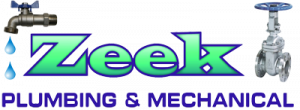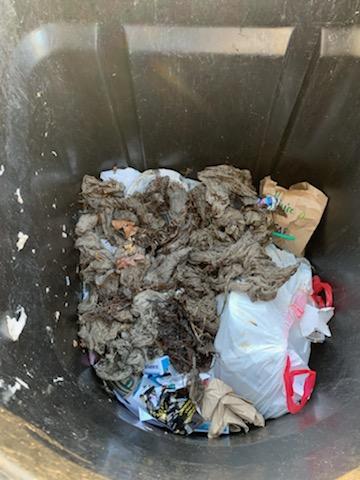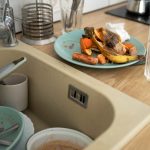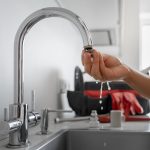Companies market flush-able wipes to the United States as a ” sewer and septic-safe” alternative to toilet paper, paper towels, and other cleaning supplies. In the media and in court rooms around the US, there has been a fight between sewer companies, cities, and the businesses selling these products about the validity of those claims.
The cities, sewer companies, and water treatment plants’ arguments are based upon the fact they deal with city/town wide sewer backups constantly. Plumbers and the sewer companies alike snake sewer mains and drains, and remove massive blockages of wipes on a daily basis. Most of the cases show no other reason for the block forming besides the wipes. Ryerson University tested 23 different types of “flush-able” wet wipes, and results showed, “Not one single wipe was able to fall apart or disperse safely through the sewer system test, which can negatively impact household plumbing, municipal sewage infrastructure, and consequently, the environment.”
“Flush-able” wipes are tough to breakdown. You can even test this in your own home. Take a sheet or two of toilet paper, soak it with water, and then rub it between your hands. The paper will begin to break off, separate, and break down. Now try the same thing with wet wipes, they would stay solid and not breakdown for a very long time. The wipes may be safe to flush, but the “safety” stops as soon as they exit your toilet. This Consumer Reports study showed several different brands’ wipes, and the ease they breakdown in water. As stated in the study, “When we put them in a stand mixer filled with water and pushed the slowest speed (more churning than your waste pipe will provide), it took at least 10 minutes to break each into small pieces.”
Johnson & Johnson, Proctor and Gamble, and Kimberly-Clark, maintain that the flush-able wipes are not the problem, but instead are caused by non-flushable wipes such as baby wipes and makeup removal wipes. The Association of the Nonwoven Fabrics Industry, a trade association for the previously listed companies, released a set of guidelines that wipes need to pass in order to be deemed “flushable”. However, sewer authorities argued the guidelines are skewed to allow the manufacturers’ wipes to pass.
The argument between the two conflicting sides seems to have no end in sight. Charmin settled a class action law suit that accused the company of false advertising wipes as “septic and sewer safe”. However, there have been plenty of other law suits that have failed. Consumers and lawmakers question the legality of making similar claims. There is no governing body to place fair tests on the subject. Which creates the back and forth between the two sides about the legitimacy/fairness of each other’s tests.
In conclusion, Zeek Plumbing agrees with the sewer companies that flushing wipes down your drains is never a good thing. The only things that should be flushed down the toilet are human waste, #1 and #2, and toilet paper. Avoid flushing anything else possible. “Flush-able” wipes cause the majority of backups that Zeek Plumbing comes in contact with. However, customers seem shocked to find out the cause of the backup and state, “I don’t flush wipes down the drain.” If you hire people to clean your home, I would check they do not flush them either. Dispose of every type of wipe in the trash. Is the convenience of flushing wipes more important than preventing a sewer main backup?

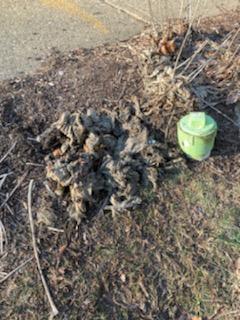
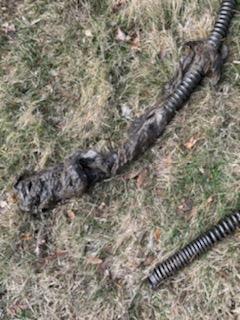
If you are experiencing a backup, please call us at 866-635-0200. Zeek Plumbing can dispatch a crew as soon as possible to your home/property. However, if you are experiencing frequent backups, Zeek Plumbing can camera your sewer main. Similar to the snake, we send a camera down your sewer showing any and all causes of the backups.
Ryan has been a part of the Zeek Plumbing team since 2019, and has lived in Randolph, NJ his entire life.
He takes pride in taking care of the towns, the families, and the areas he grew up in!
Ryan has been the Treasurer and is currently on the Membership committee of a local BNI Chapter based out of Morris County, NJ in the networking group, BNI Main Street.
